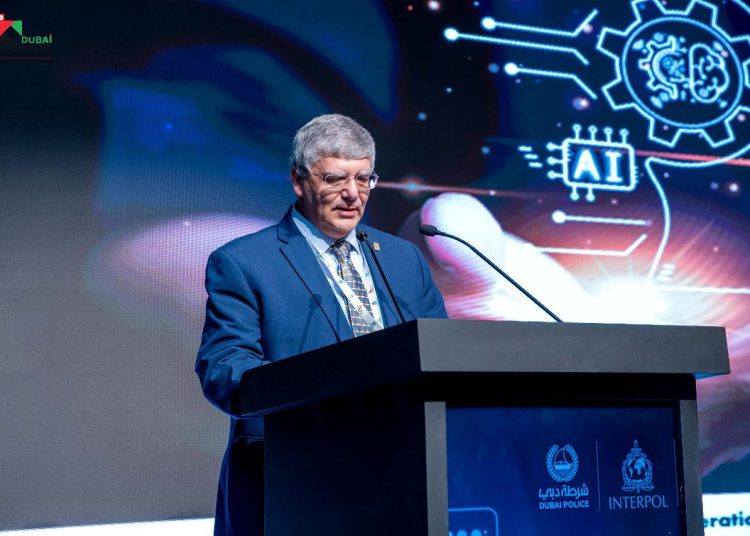President of Egypt-Japan University of Science and Technology (EJUST) Amr Adly presided over the 13th Regional Intellectual Property (IP) Crime Conference for the Middle East and North Africa (MENA), held by the Emirates Intellectual Property Association in Dubai on February 20-21.
The event was held in co-operation with the International Criminal Police Organisation (Interpol), the Emirati Ministry of Economy, the Customs Authority, and many authorities concerned with intellectual property.
Adly stressed the importance of combating intellectual property crime in light of the international dimension of this crime, which has become a major threat to creators and innovators.
He also pointed to the Japanese university’s role in promoting scientific research and supporting innovation and creativity in developing industry and achieving economic growth and prosperity.
Recognising the ongoing challenges posed by intellectual property crimes across neighbouring countries, this Regional IP Crime Conference continues to serve as a vital platform for collaboration. This conference is a forum for law enforcement, government officials, and industry experts to share their local expertise in combating the prevalent IP crimes in their region, he said.
The two-day conference was held under the theme ‘Unlocking the future’, with a primary goal to empower participants with the knowledge and strategies needed to navigate the dynamic landscape of intellectual property, Adly said.
By facilitating the sharing of best practices, encouraging collaborative discussions, demystifying emerging technologies, and addressing challenges related to data analytics, the conference aspired to unlock future opportunities and capabilities.
Adly urged countries to work together to fight organised IP crimes, which threaten the region’s economic and social development.
Adly also affirmed the need to foster public-private partnerships and raise awareness among the public, especially youth, about the value and importance of IP rights.
The conference highlighted ways of utilising technology to enhance IP protection and enforcement and called for a unified global system to safeguard IP rights in the face of emerging challenges to generate tangible outcomes that will advance the IP agenda in the region and beyond.






Discussion about this post